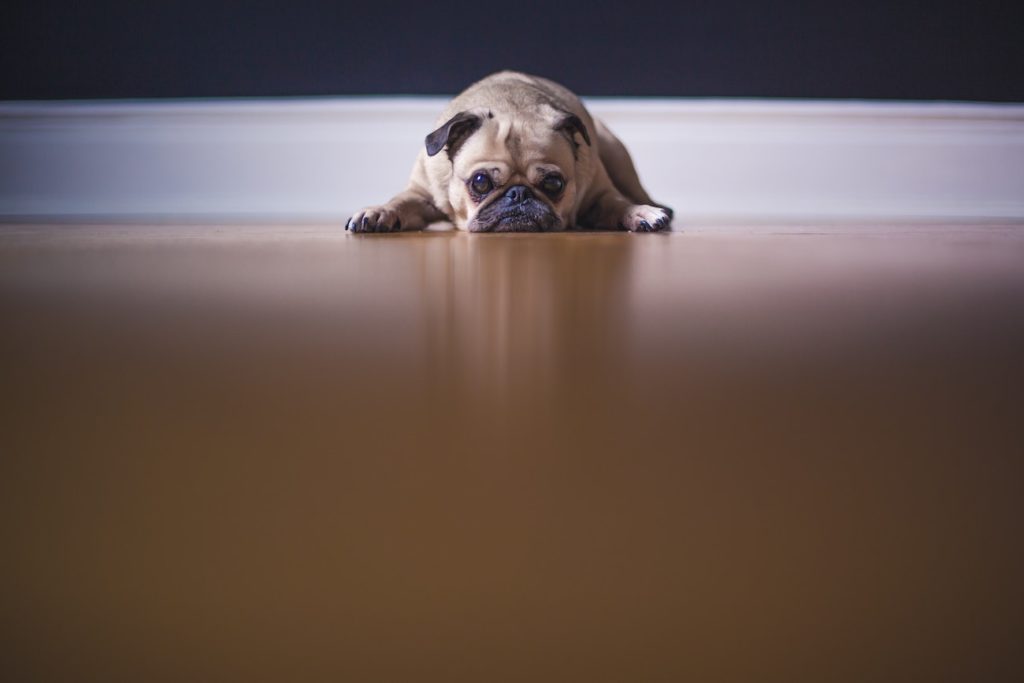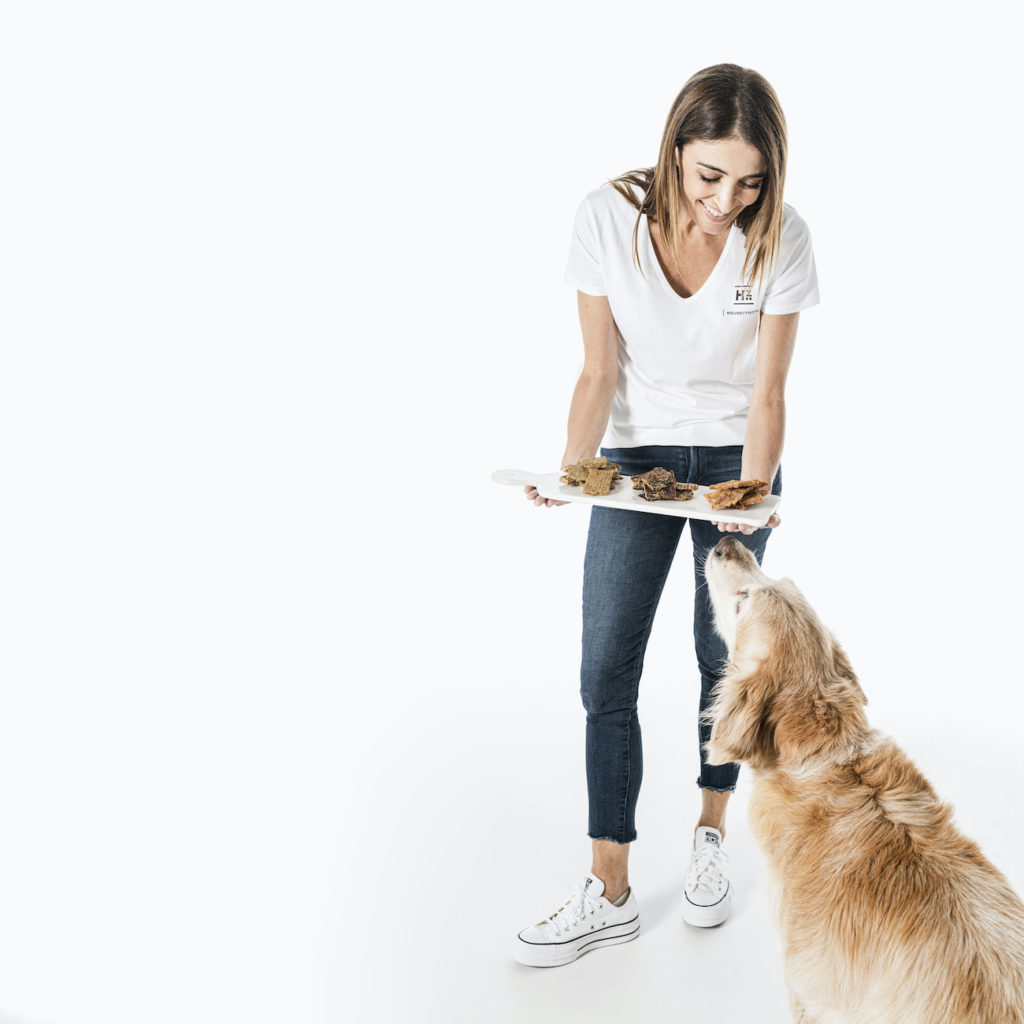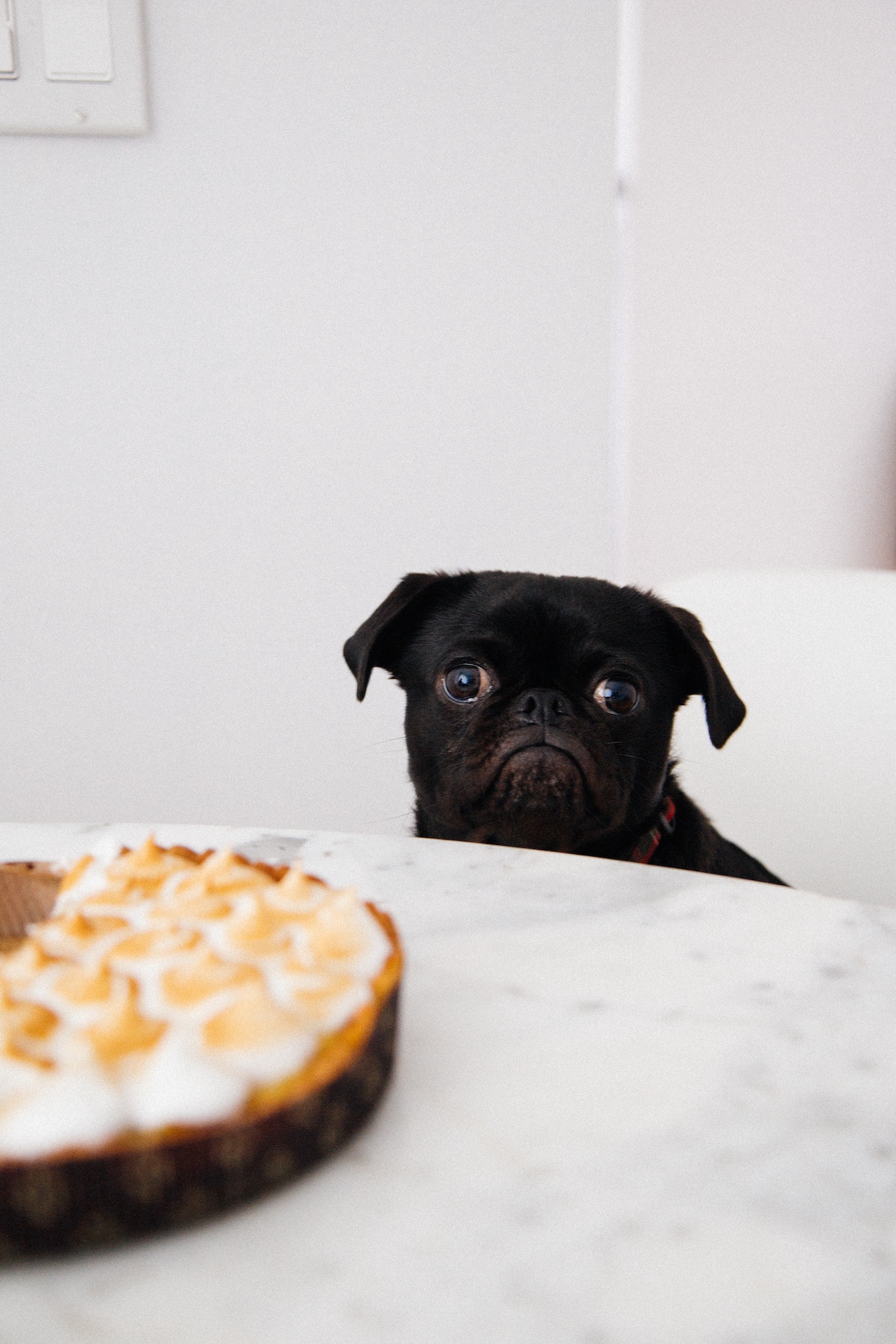Foods Your Dog Should Avoid Over Easter
Dr. Katrina shares her tips on keeping chocolate away from canines during the Easter holiday
The majority of Australians consider their pets to be important members of the family. Research shows that many pet owners include their pets in special celebrations such as birthdays, Christmas and Easter.
Easter generally involves delicious treats that come in many forms, chocolate included! While having our pets join in the Easter festivities is loads of fun, it’s important to be aware that chocolate is poisonous to dogs.
Why chocolate for dogs is a no-no
Chocolate is very palatable to dogs and they love eating it – don’t we all? But unfortunately for dogs, it can be fatal.
Chocolate and cocoa contain theobromine, a chemical that adversely affects the heart, lungs, kidney and central nervous system. Ingesting as little as 50 grams of chocolate can be poisonous to a small dog and necessitate urgent veterinary attention.
The biggest risk is your pup’s sleuthing
Contrary to popular belief, the biggest risk doesn’t come from dogs being given chocolate treats by their loving owners.
Whether it’s a chocolate bunny left on a couch or low table, a few Easter eggs abandoned on the kitchen bench or an Easter egg hunt in the backyard, the major threat comes from your pup discovering stashes of chocolate on their own.
Dogs can easily smell chocolate and once they’ve found it, they can devour it in a flash, wrapper and all. Always ensure that you keep chocolate well out of reach of your pet, especially at Easter time.
Supervision saves lives
When it comes to supervising kids, chocolate and dogs, you may have to be extra vigilant – especially with younger children. Oftentimes, excitedly eating chocolate Easter treats can result in stray pieces falling somewhere in reach of your pup.
Always check that children don’t accidentally leave chocolate where a dog can get to it. If you have an Easter egg hunt, make sure that every last egg is found before letting your furry friend join in the festivities again.
Symptoms to watch for
Symptoms of chocolate poisoning include restlessness, hyperactivity, muscle twitching, increased thirst, increased urination, excessive panting and seizures. The high fat content in chocolate can also cause vomiting and diarrhoea.

You may not see your dog steal and eat chocolate, but if you notice these symptoms, you must take action. Check for evidence that your pup has ingested chocolate and contact your veterinarian immediately for advice.
Delicious and healthy alternatives to chocolate
You can still give your pet an Easter treat! Just keep the ‘human’ chocolates for yourself, and feed your pooch ‘dog’ or carob based chocolates that do not contain theobromine. Better still give them something healthy and nutritious, like our 100% Australian clean dog treats.
When treating your pup, remember that too many treats can be bad for their waistline. Like humans, overweight pets can suffer from high blood pressure and breathing difficulties. They can also tire more easily and become prone to heart problems and diabetes.
Choose a nutritious treat
To help your pet maintain a healthy weight, avoid high calorie treats and choose a healthier, all-natural option instead. Always check the ingredients list to see what you’re feeding your dog, just as you would for yourself.

Houndztooth’s clean dog treats are 100% Australian. Free from artificial flavours, preservatives or fillers, they are gluten-free, grain-free, all-natural and made with only the highest quality ingredients.
Other foods to be wary of over the Easter break
Rich fatty food is just as bad for dogs as it is for us. It can cause tummy upsets and pancreatitis.
Cooked bones can splinter and get caught in the mouth or gut. Avoid the temptation to feed your dog the leftover chicken bones.
Onions and garlic are toxic to dogs. They can cause stomach issues, and potentially anaemia.
Grapes and raisins (generally the dried versions), including fruit loaf and hot cross buns, can cause renal failure.
The toxicity from macadamia nuts can cause weakness, vomiting and depression. The South Australia RSPCA has an excellent article on human foods you definitely shouldn’t feed your dog.
Let’s keep our pets safe this Easter
Pamper your dog with tasty and healthy treats, and keep them away from the ones that could hurt them. Stay watchful and keep chocolate in human hands only.
If you want to involve your pup in a fun Easter egg hunt, use nutritious dog treats, meat, or safe fruits & vegetables in place of chocolate – and make sure that any eggs are hidden out of their reach.

